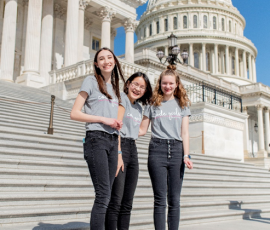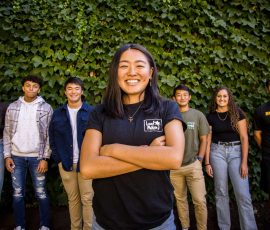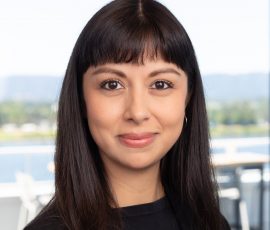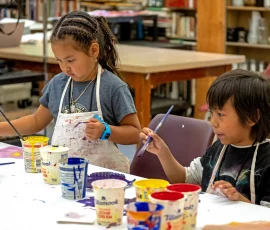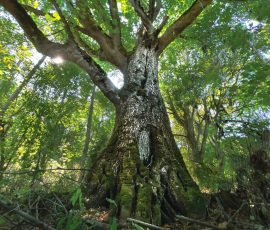“We are closest to the Creator when we are true to our cultures, because that’s how he made us.”
Corey Greaves, a member of the Yakama Nation in eastern Washington, founded Mending Wings on this principle, and it is this idea that continues to provide transformative experiences for Native youth.
Now one of the largest Native youth ministries in the nation, Mending Wings exists to empower Native American youth and families to walk in the Jesus way together, honoring the Creator through a celebration of Yakama culture. Through programs such as Dancing Our Prayers, where groups of Native youth perform dances and dramas around the nation, and Community Healers, which helps inspire youth to perform intentional acts of kindness for elders in the region, Mending Wings encourages cultural revitalization and retention. They also host weekly Guys & Girls Nights, summer mission programs, a Youth Council program for leadership skills, and a weekly youth group that offers a safe space for transformation and healing in the Jesus way.
Challenges Facing Native Youth
Many of those who come through Mending Wings programs have been formed by traumatic realities that disproportionately affect Native youth. For example, one in three Native American women will be victims of sexual assault (the highest rate among any population in the country). In addition, according to the Mending Wings website, Native people have…
- a suicide rate 62% above the national average – the highest teen suicide rate in the Western hemisphere
- the highest alcoholism rate, at 510% above the national average
- the shortest life expectancy
- the lowest per capita income
- the highest levels of unemployment
- the 2nd highest teen pregnancy rate in Washington
For the Mending Wings community, these are not just statistics, but devastating realities for individuals like Mollie George, who shared her story of attempted suicide and cutting before finding Mending Wings.
“High school, at least before [Mending Wings], it was hard,” shared Mollie. “I’m not going to hide that I have attempted, at least then, I attempted suicide and have a history of cutting myself. As I started to learn more with Mending Wings and I started getting closer to Corey and some of the other youth leaders at the time, it just turned my life around.”
Mollie now works as a Mending Wings youth leader alongside Elton, who also found direction and healing within the Mending Wings community. Growing up in foster care, Elton felt disconnected from his culture and found himself headed down destructive paths.
“You kind of lose track of yourself that way, especially at a young age,” said Elton.
Then when he was 13, a friend invited him and his sister to the Mending Wings youth group. “With Mending Wings there, it kind of gave me an alternate route to go.” Elton now works as a youth leader, offering support and mentorship to youth like his thirteen-year-old self.
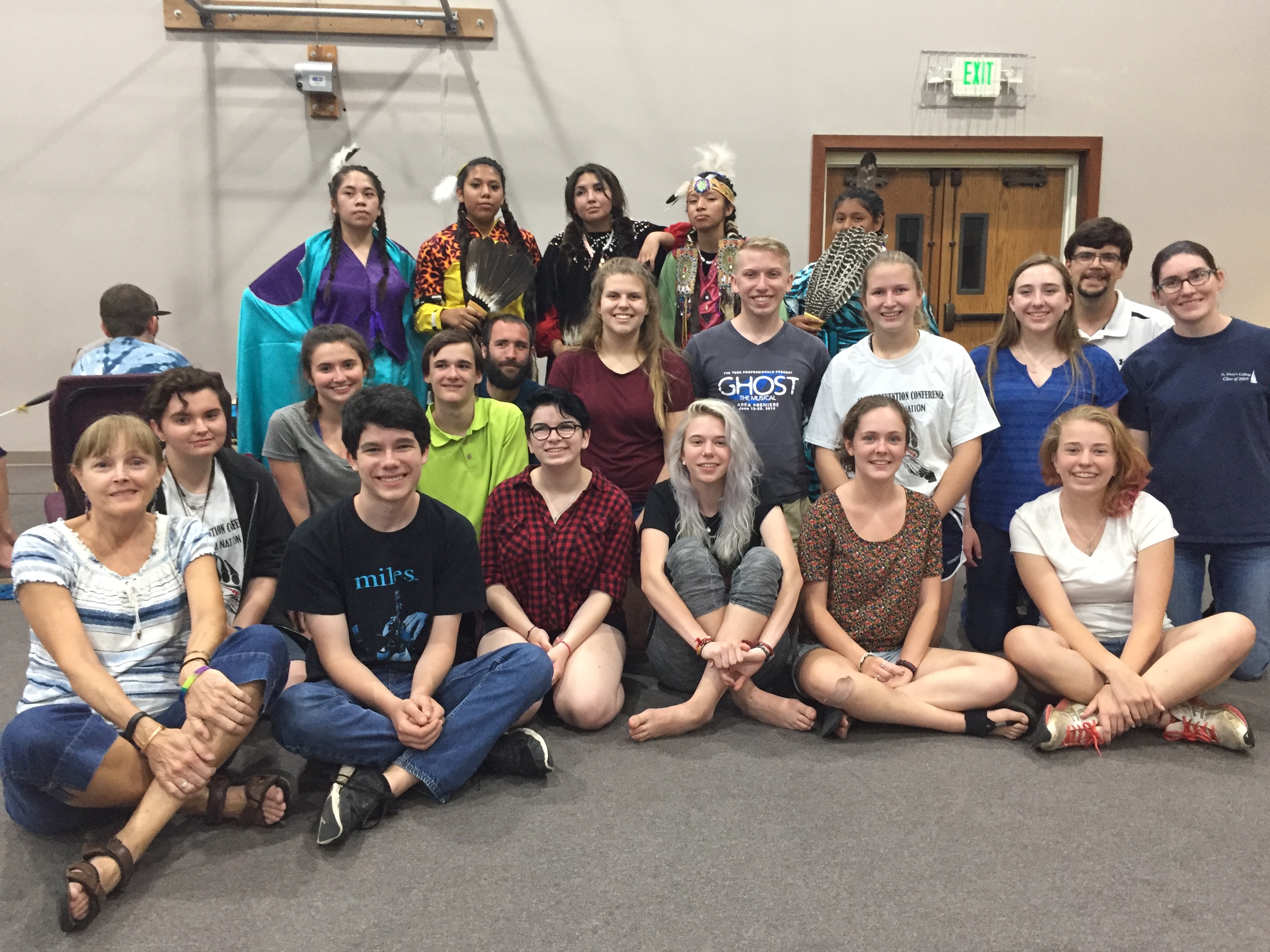
This includes youth like Monica, who found a safe space at the reservation to share about growing up with a mother dealing with addiction. “When I came here I felt like I could really tell people about my problems, and they were really understanding…. These people are just there for you, and they…really care about you.”
These feelings of acceptance and care are echoed by many who pass through Mending Wings’ programs, which seek to empower youth with self-confidence, develop them as leaders, help them graduate high school, and replace negative influences with positive experiences. As the Mending Wings website states, their goal is to “[mend] the wings of our youth so they can fly again.”
Challenges Facing Yakama Culture
These devastating statistics and the realities they describe are not the only challenges facing the Yakama people.
“I’m realizing that we are just a whisper away from losing our language and our identity as Native People, specifically as Yakama,” said Corey, sharing a sentiment echoed by many Native communities across the Pacific Northwest. “If our kids don’t learn the language, if they’re not in the longhouse and not learning the songs and not learning these things, it’s just a generation away from being gone. And then what does it mean to be Yakama?”
Mending Wings seeks to preserve this culture with each of their programs, incorporating traditional Yakama language, dances, drum songs, beadwork, and wa’paas basket-weaving into their youth groups and programs.
“Having our culture is also part of our identity,” shared Elton, “and I feel like that’s important for our kids to have that part of their identity.”
Protecting and revitalizing Yakama culture not only preserves the rich legacy of Native people, but it also helps Native youth connect to their identity and to the Creator.
“It’s hard for someone to have a strong relationship with the Creator when you don’t know who you are,” said Greaves.
Supporting the Mending Wings Story
Despite the incredible challenges facing the Yakama community, the Mending Wings story is not one of trauma and cultural loss, but of transformation and cultural revitalization, of hope and healing despite broken wings. It is the story of every individual who joins the Mending Wings community, of the students who become leaders, and of the transformed lives. It’s Monica’s story, Elton’s story, and Mollie’s story.
It is a story the Murdock Trust is honored to play a small role in supporting. We have been fortunate enough to partner with Mending Wings for two grants totaling $136,500 since 2010, which is part of $10.8 million in grants serving Native communities since 2010. The grants to Mending Wings have supported the development of a summer mission program and the much-needed sabbatical of a staff member, helping Mending Wings serve their community in sustainable and transformative ways.
May the work of mending broken wings continue, until the Yakama people fly again.


